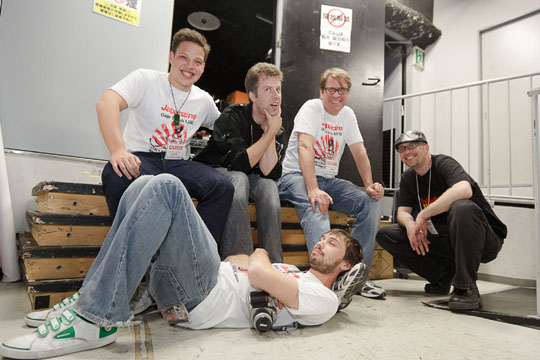In few countries are the most vital political, economic and cultural activities as geographically concentrated as in Japan. All the main institutions can be found in Tokyo — one can only shudder to think what will happen not only to this city, but to the whole country if and when a massive earthquake strikes the capital.
The media and publishing industry is no exception to this Tokyo-centric trend. Still, any discussion of the world of English print media would be woefully incomplete without an acknowledgement of the important role other cities have played over the last 30 years.
Osaka is often portrayed as Tokyo's rowdy, unbuttoned alter ego, and has traditionally boasted of its cultural independence. It was in this city in 1977 that a Briton named David Jack and his wife, Sachiko Matsunaga, founded Kansai Time Out. The publication soon gained a well-deserved reputation for in-depth, thought-provoking journalism, a reputation it maintained when another editor hailing from the U.K., Dominic Al-Badri, replaced Jack in the editor's chair after 20 years. When KTO finally succumbed to bankruptcy in 2009, it was Japan's longest-running monthly English-language magazine, but its sales had dropped to a third of its late-90s peak of 12,000.

















With your current subscription plan you can comment on stories. However, before writing your first comment, please create a display name in the Profile section of your subscriber account page.